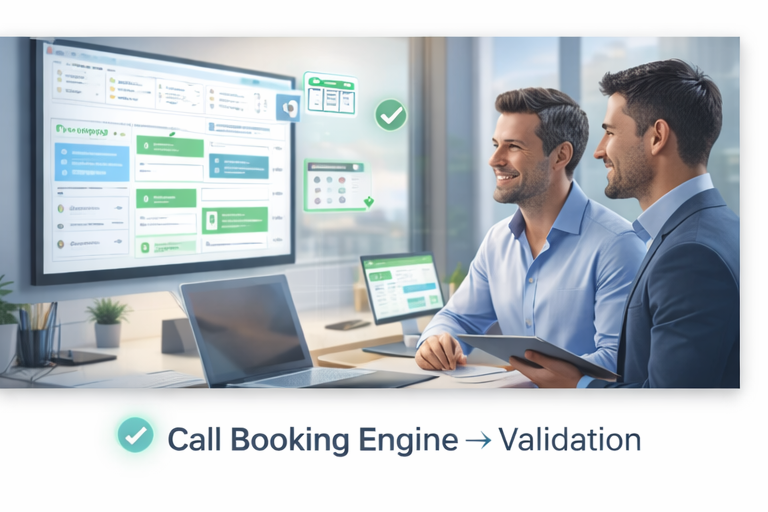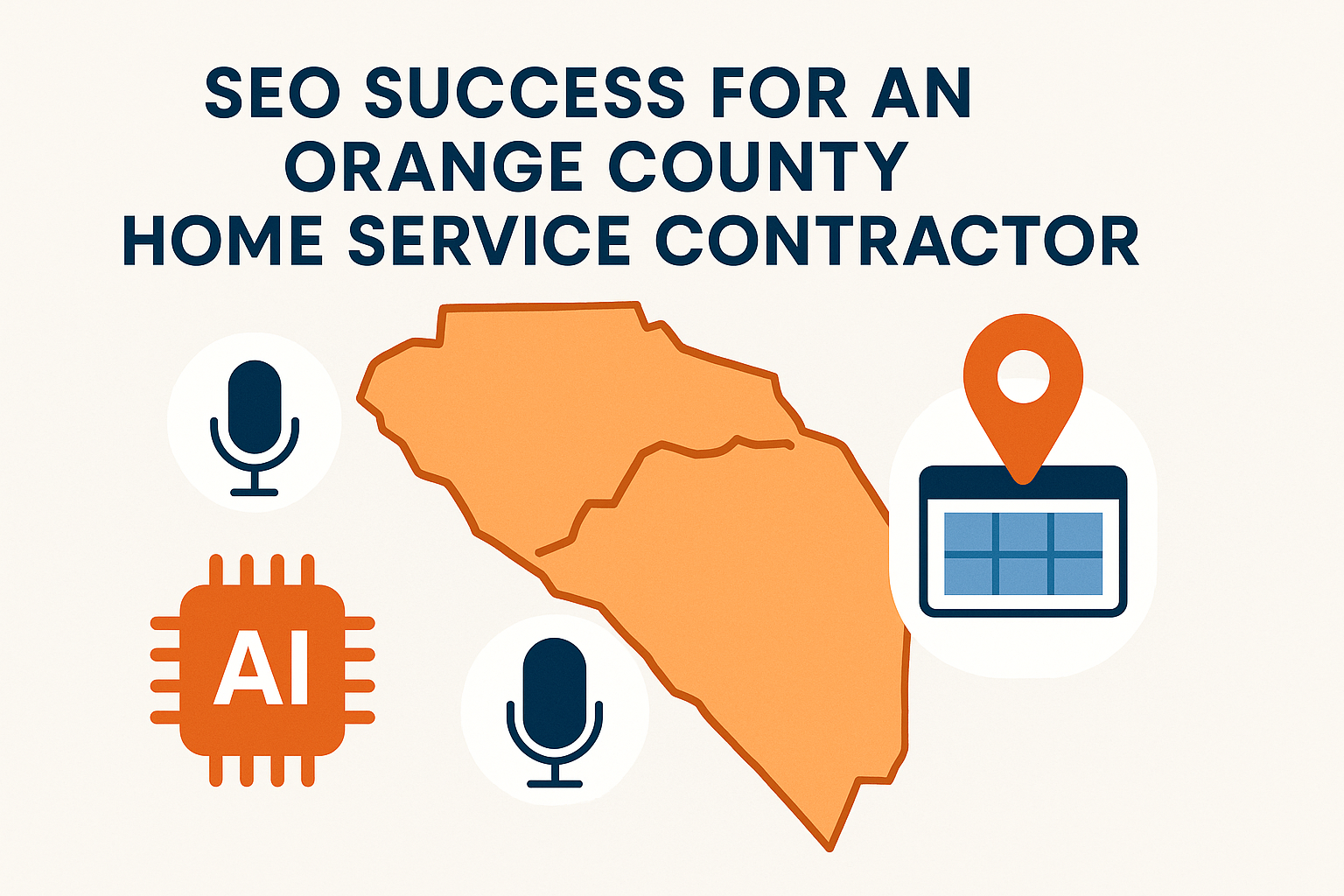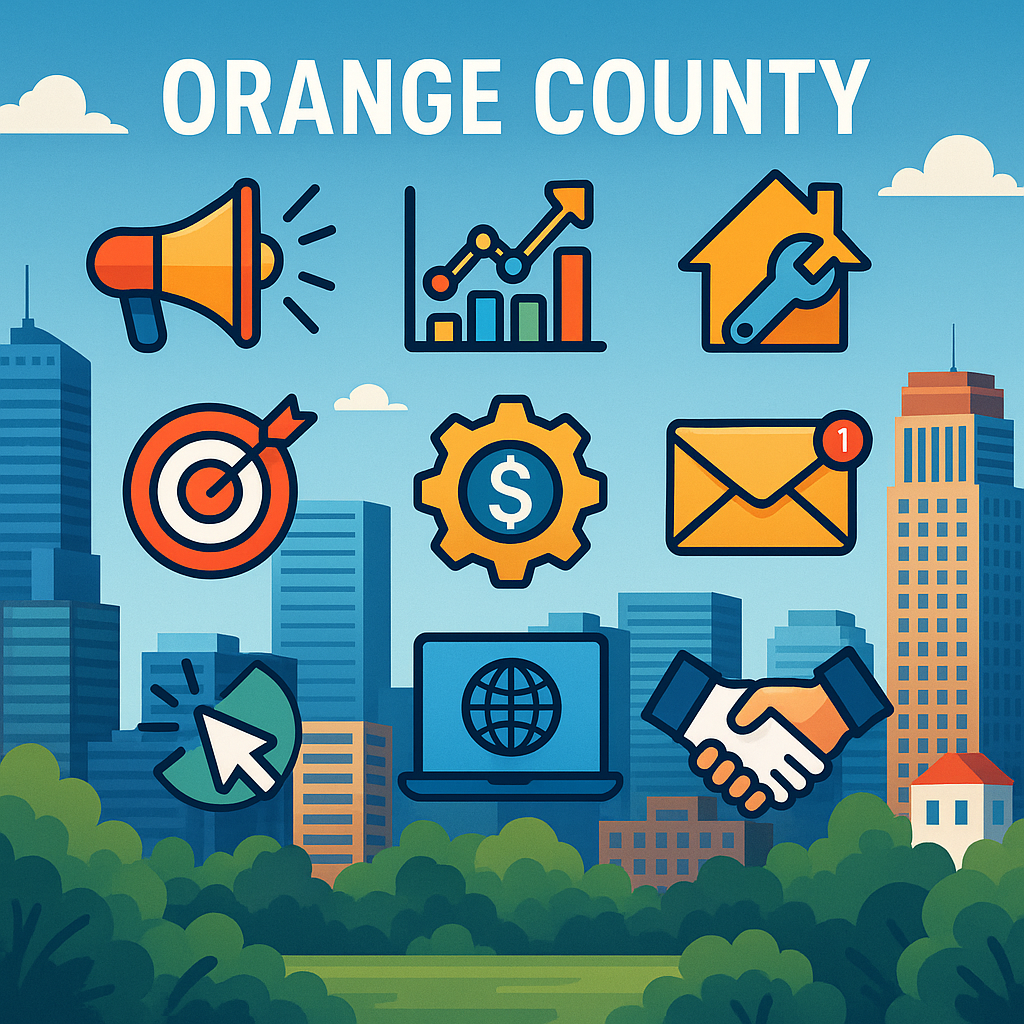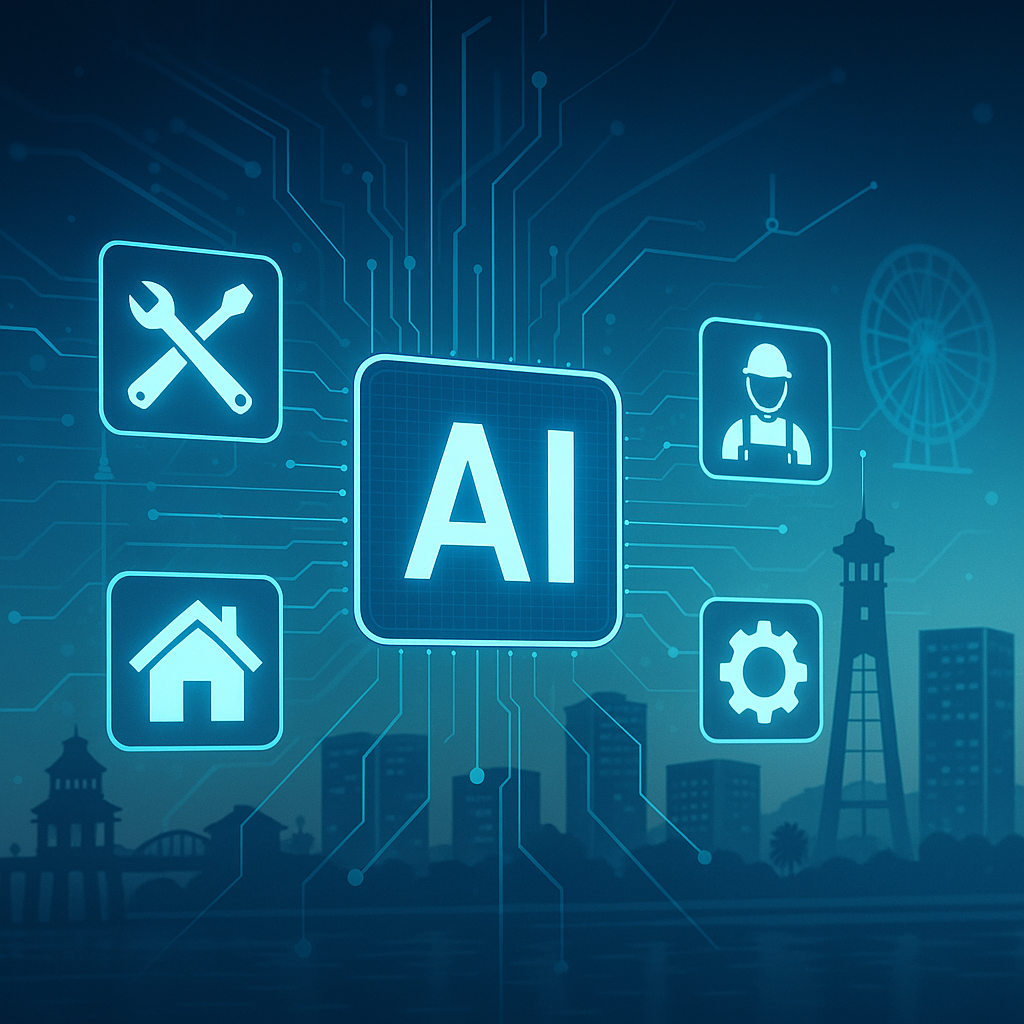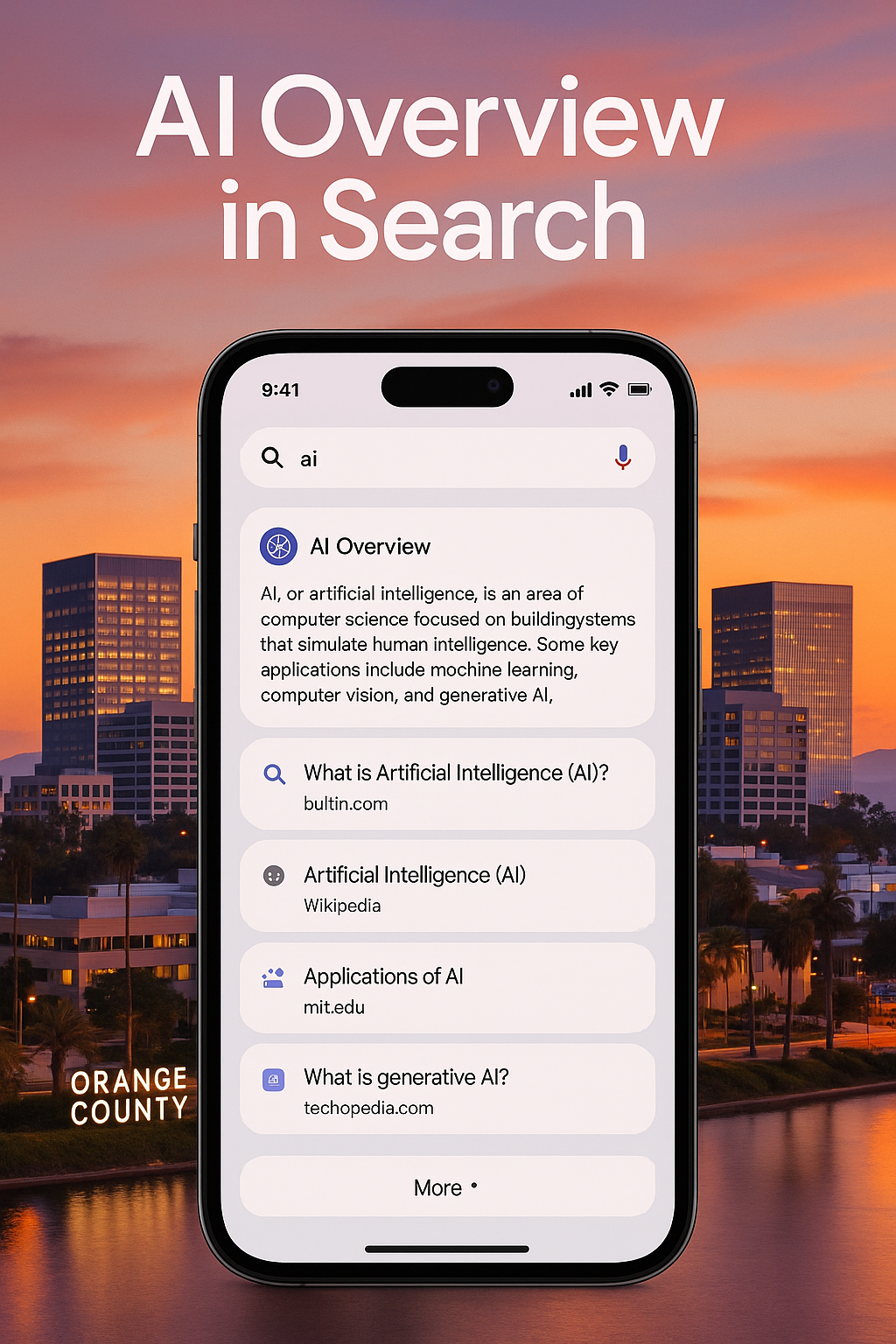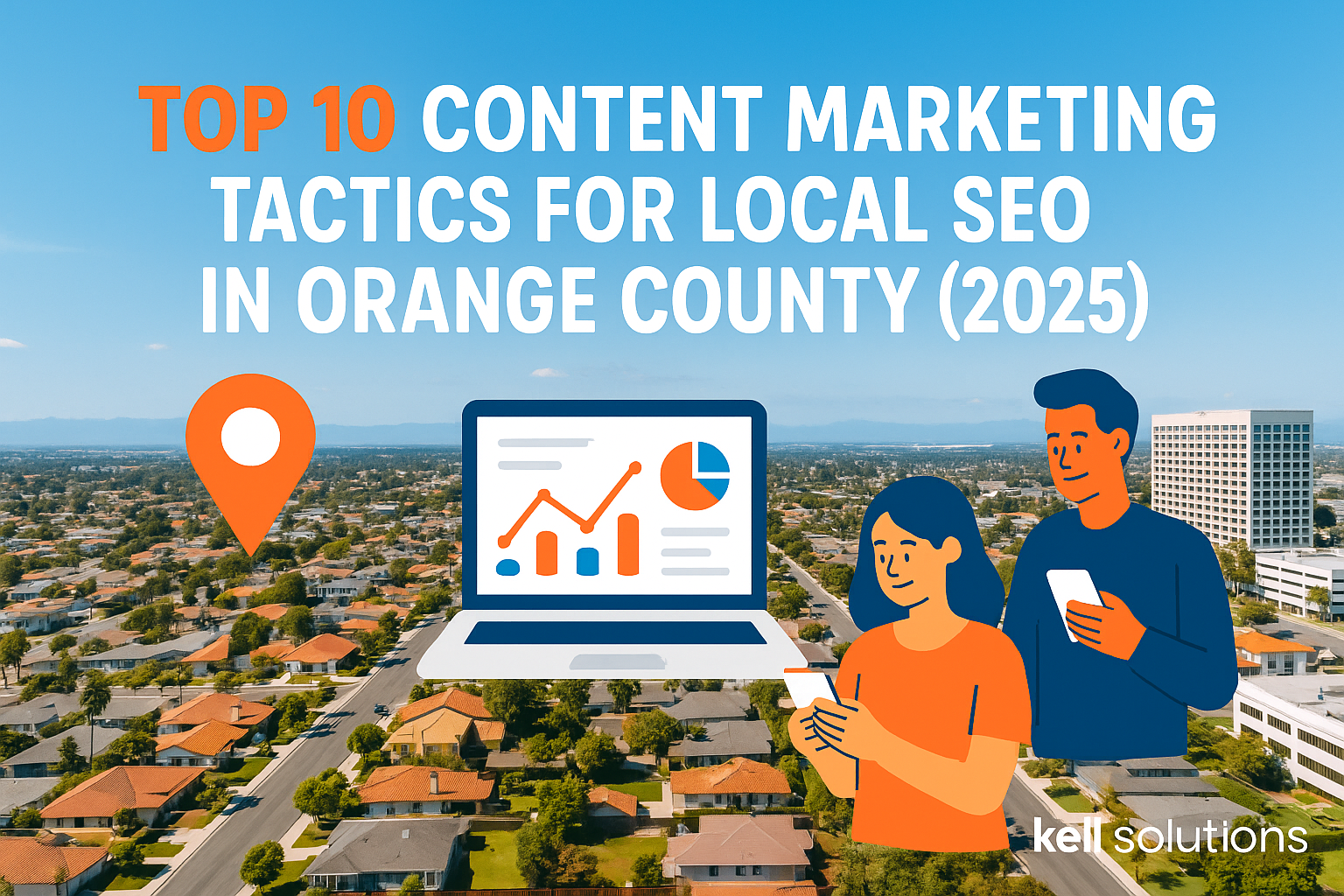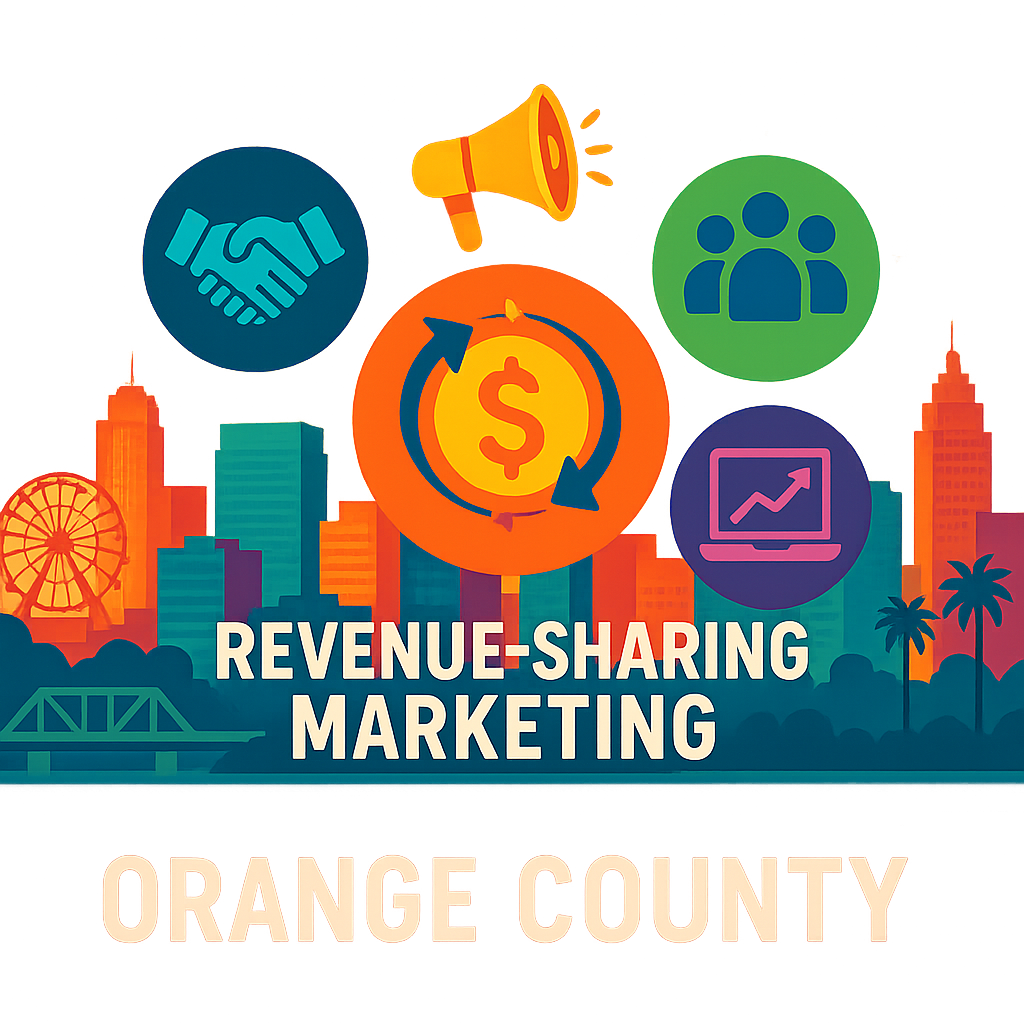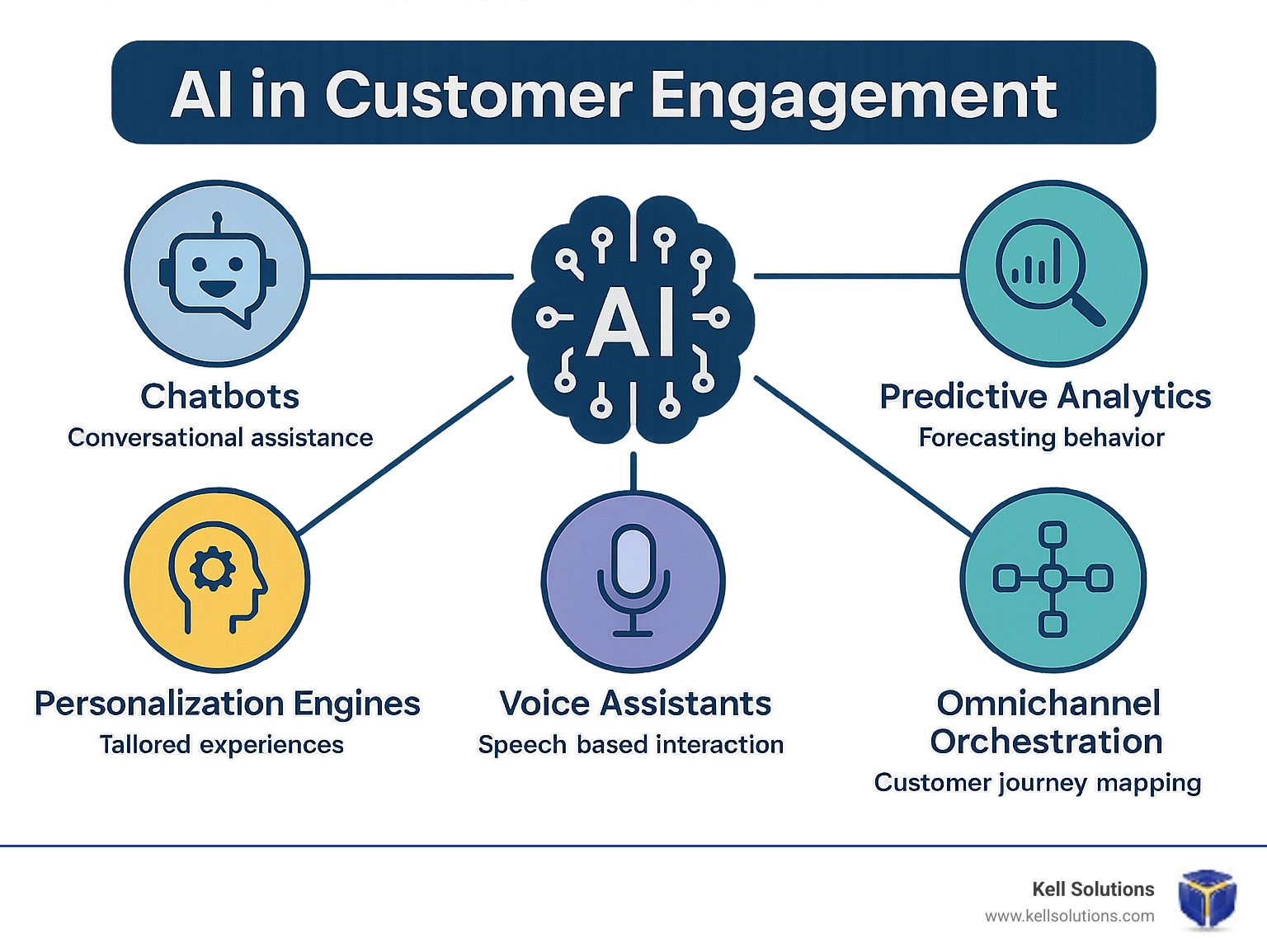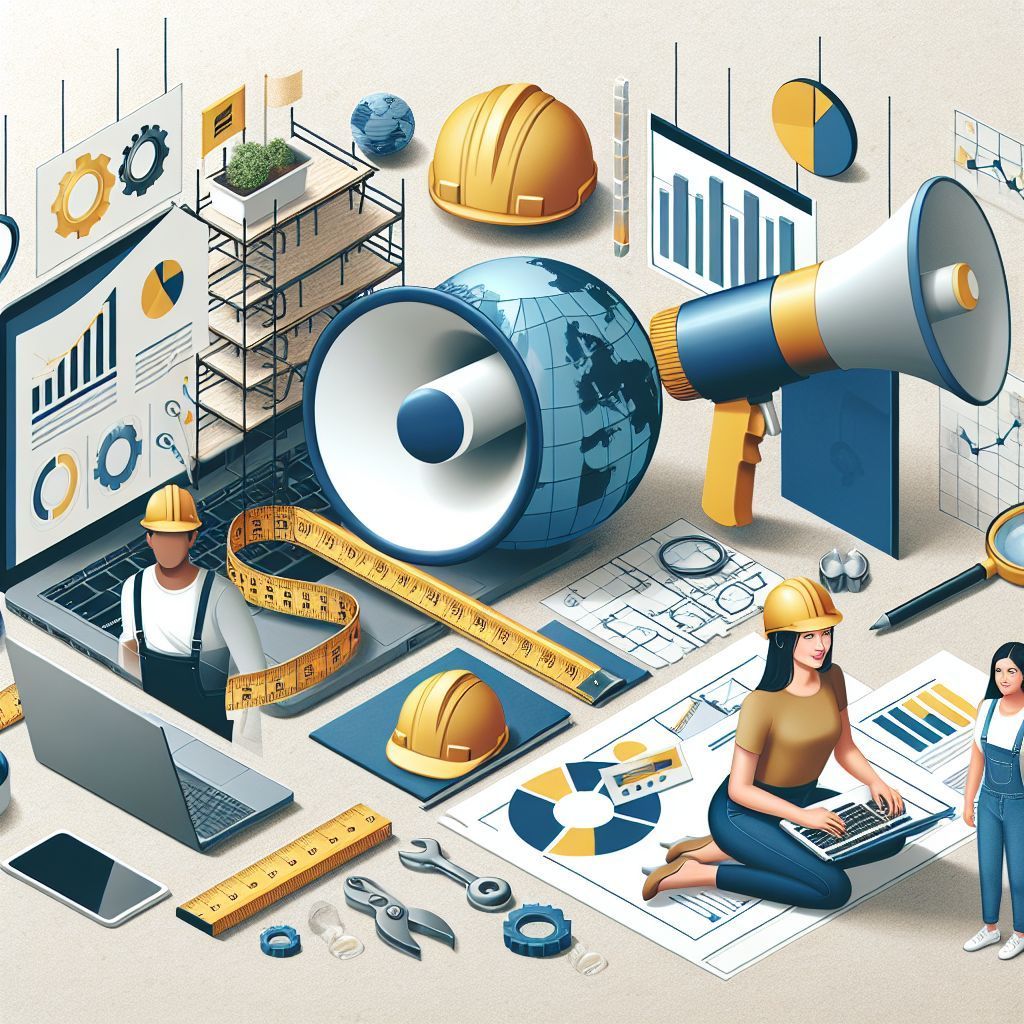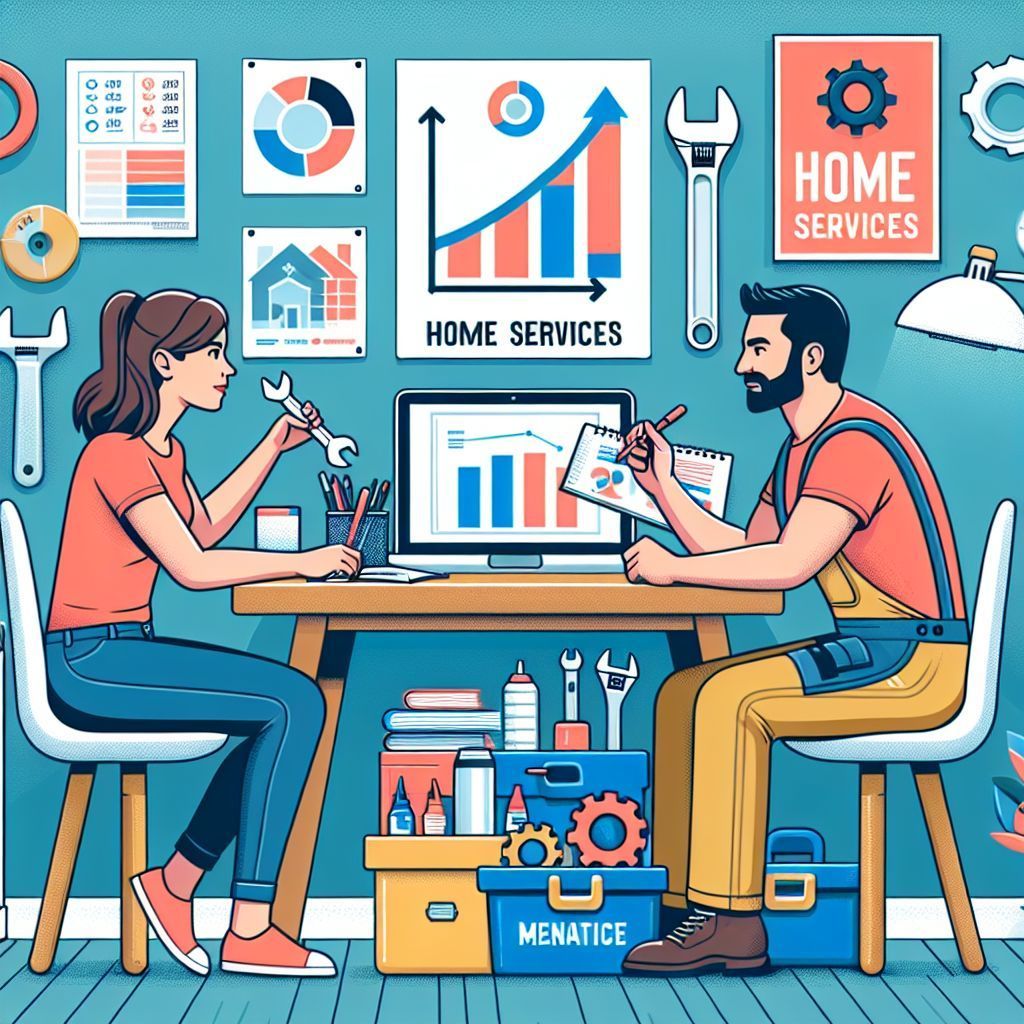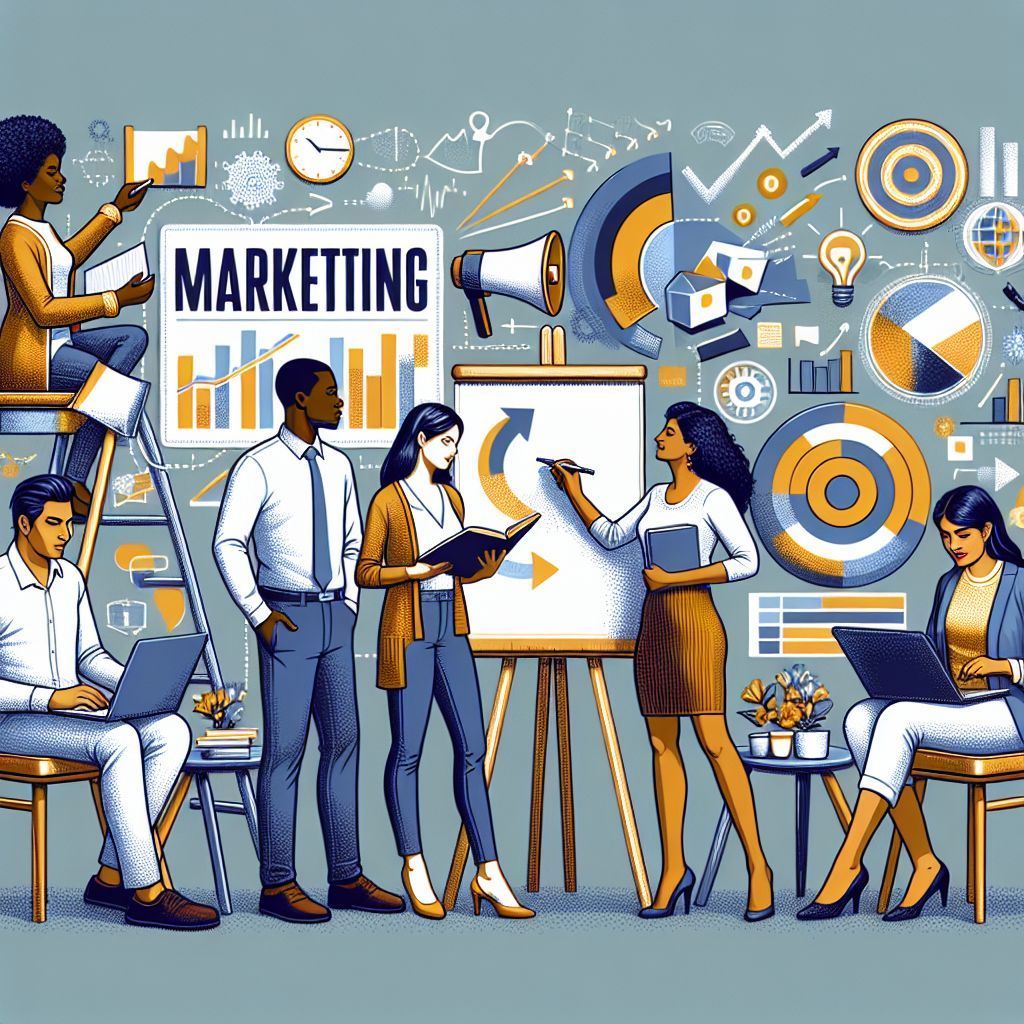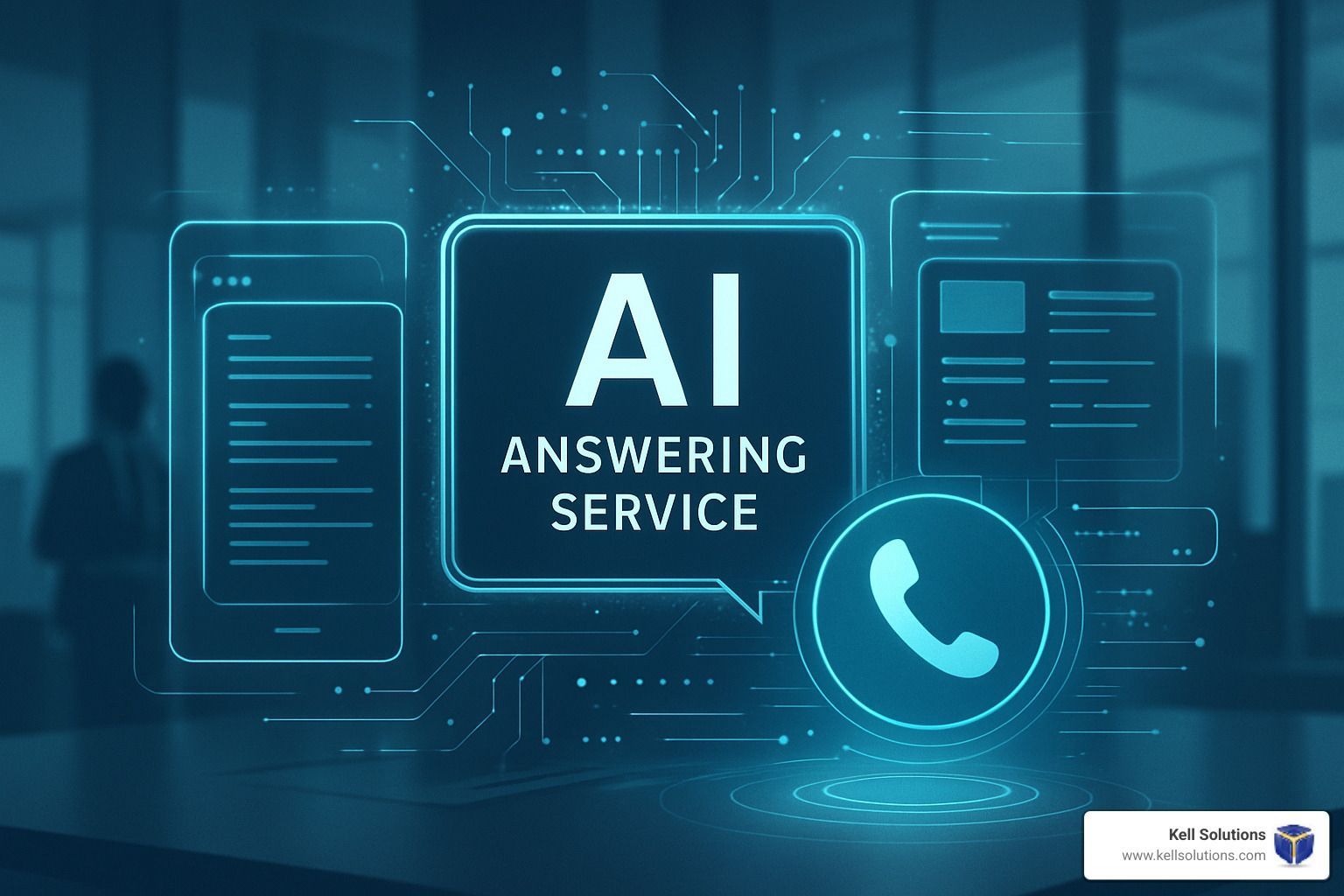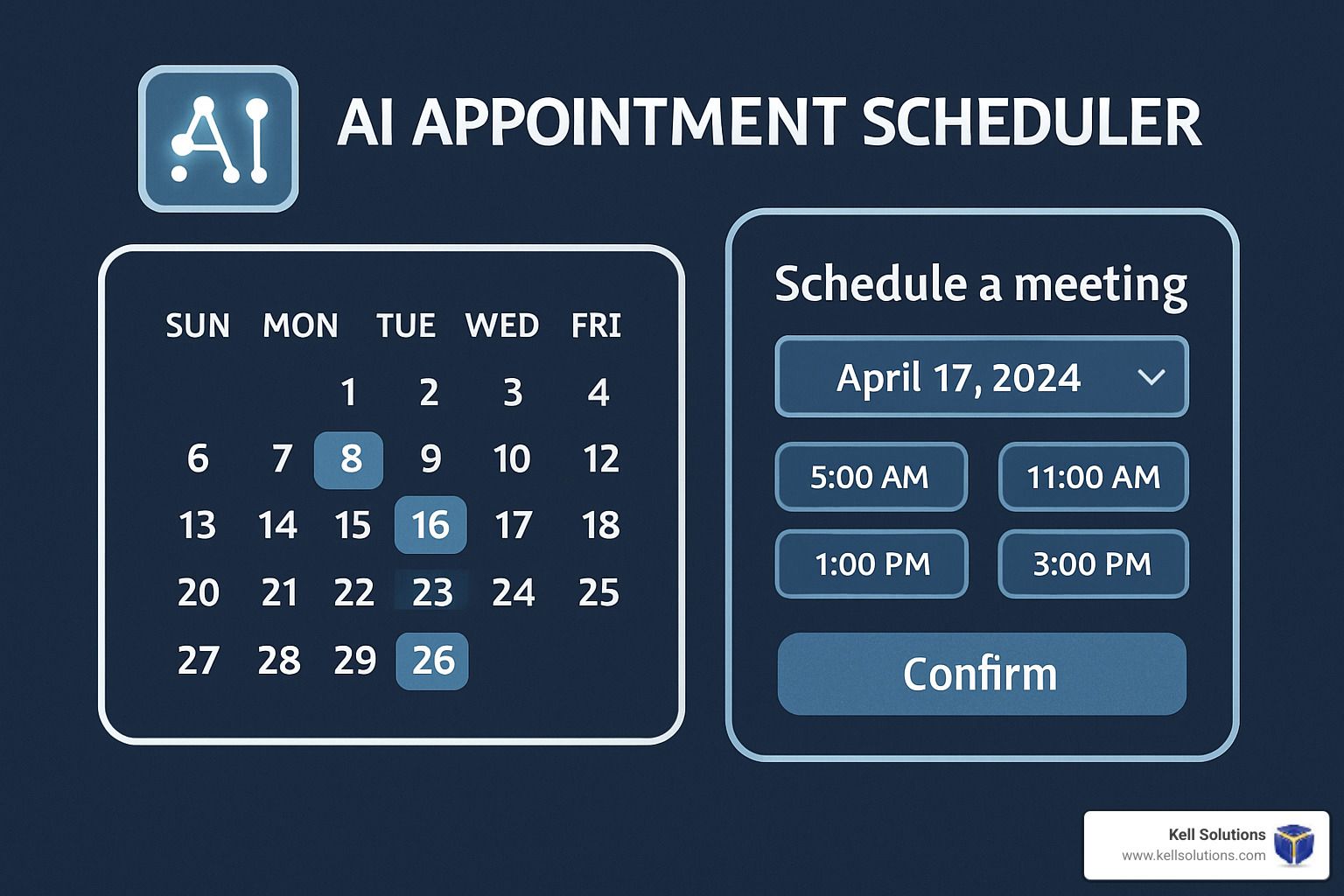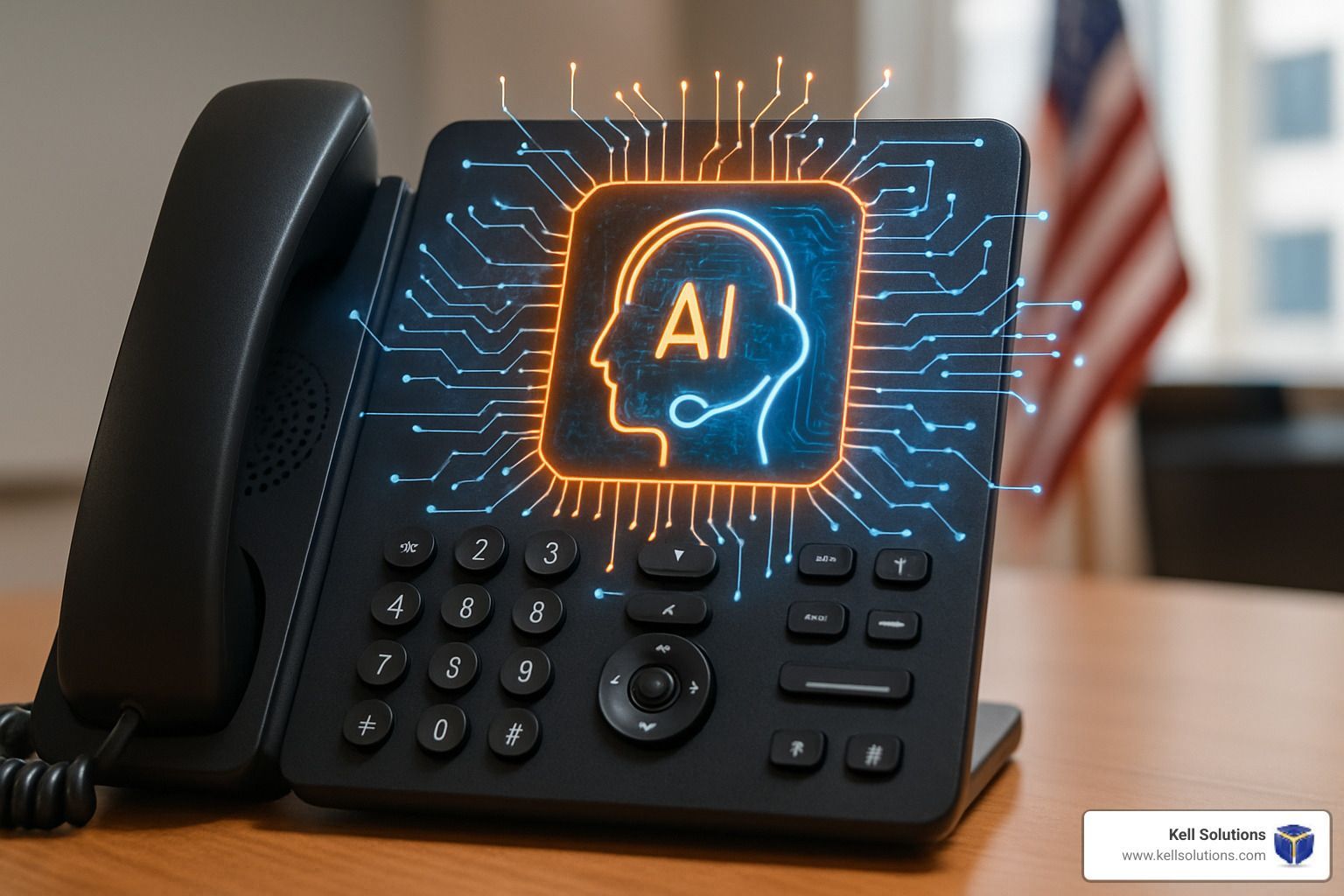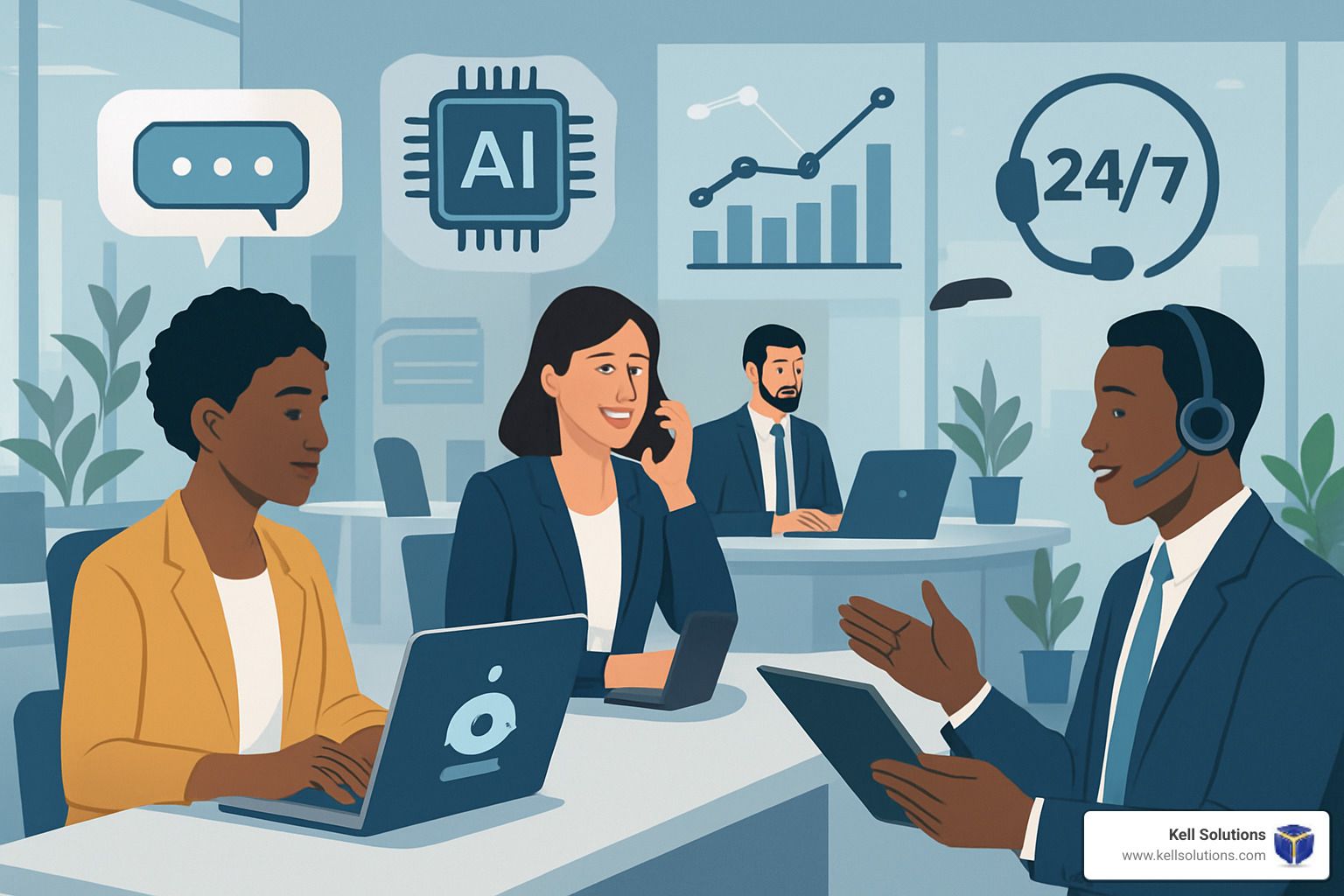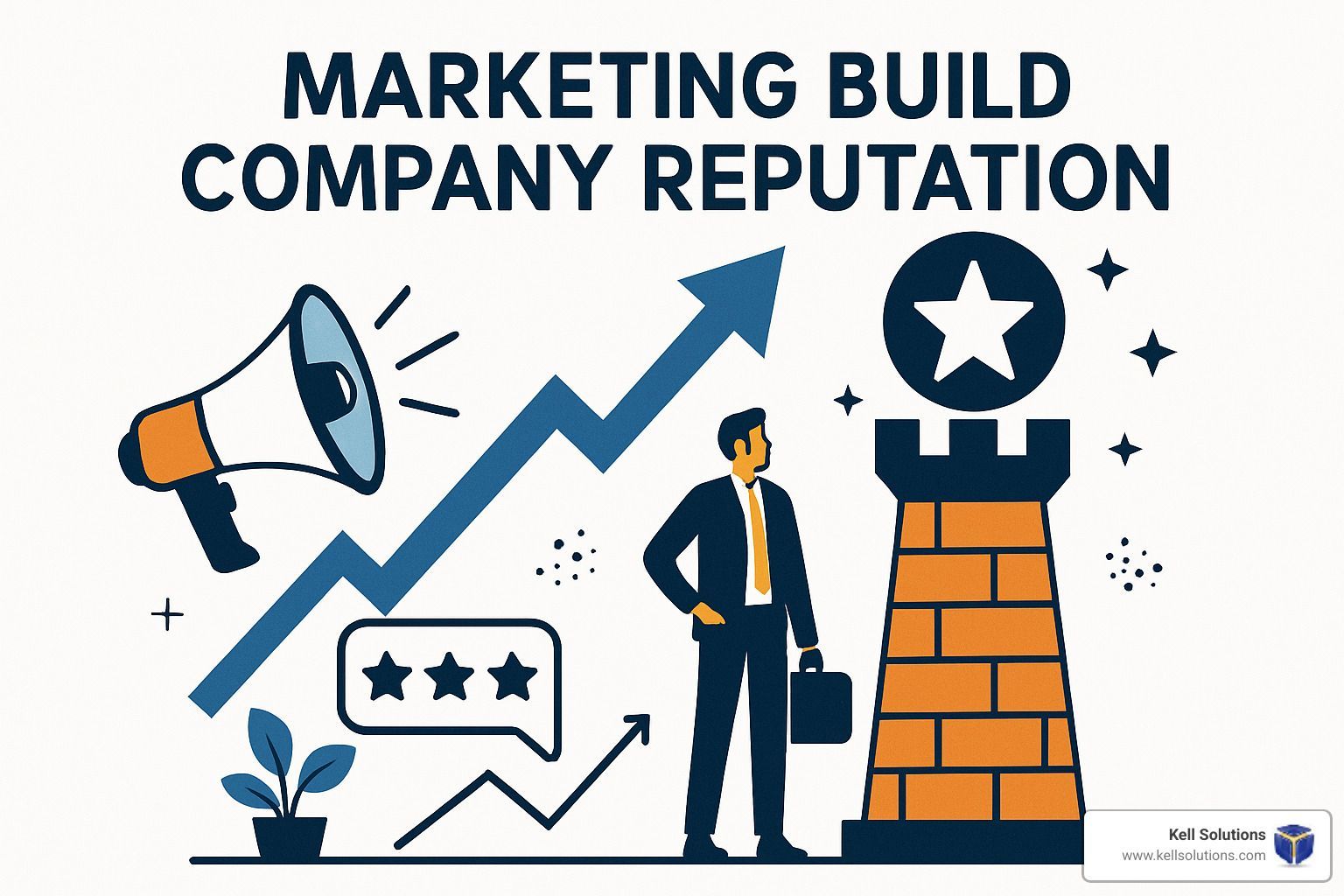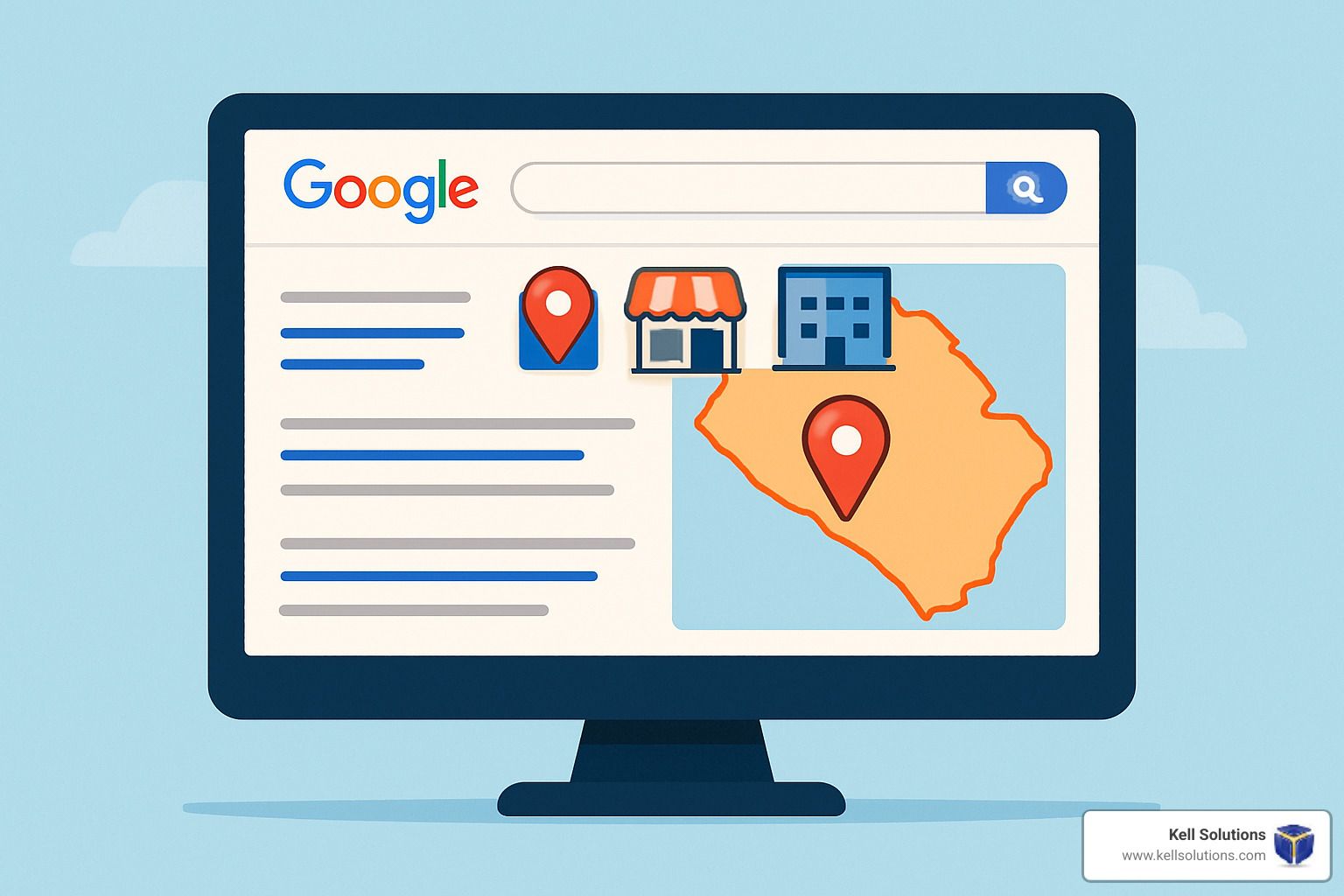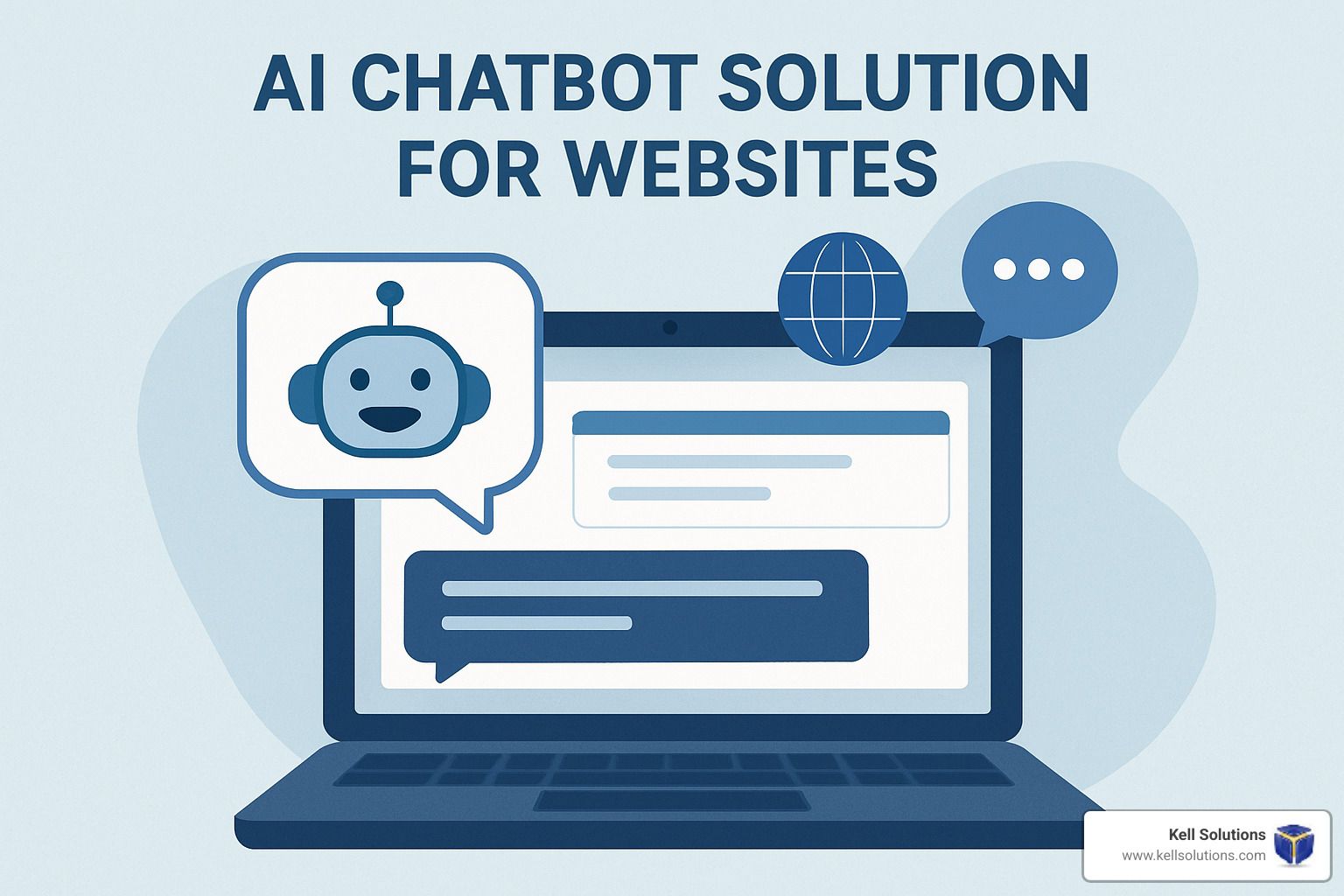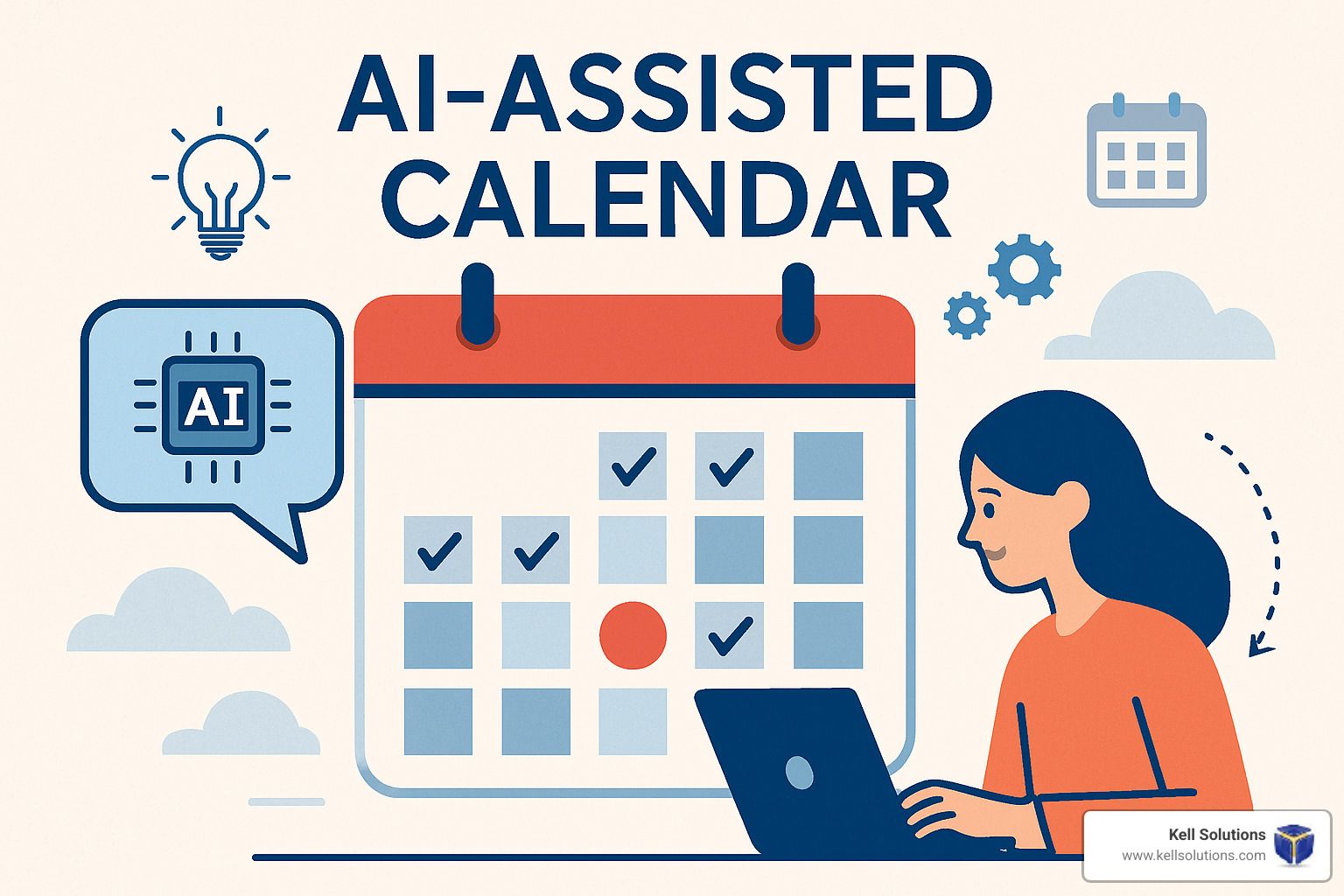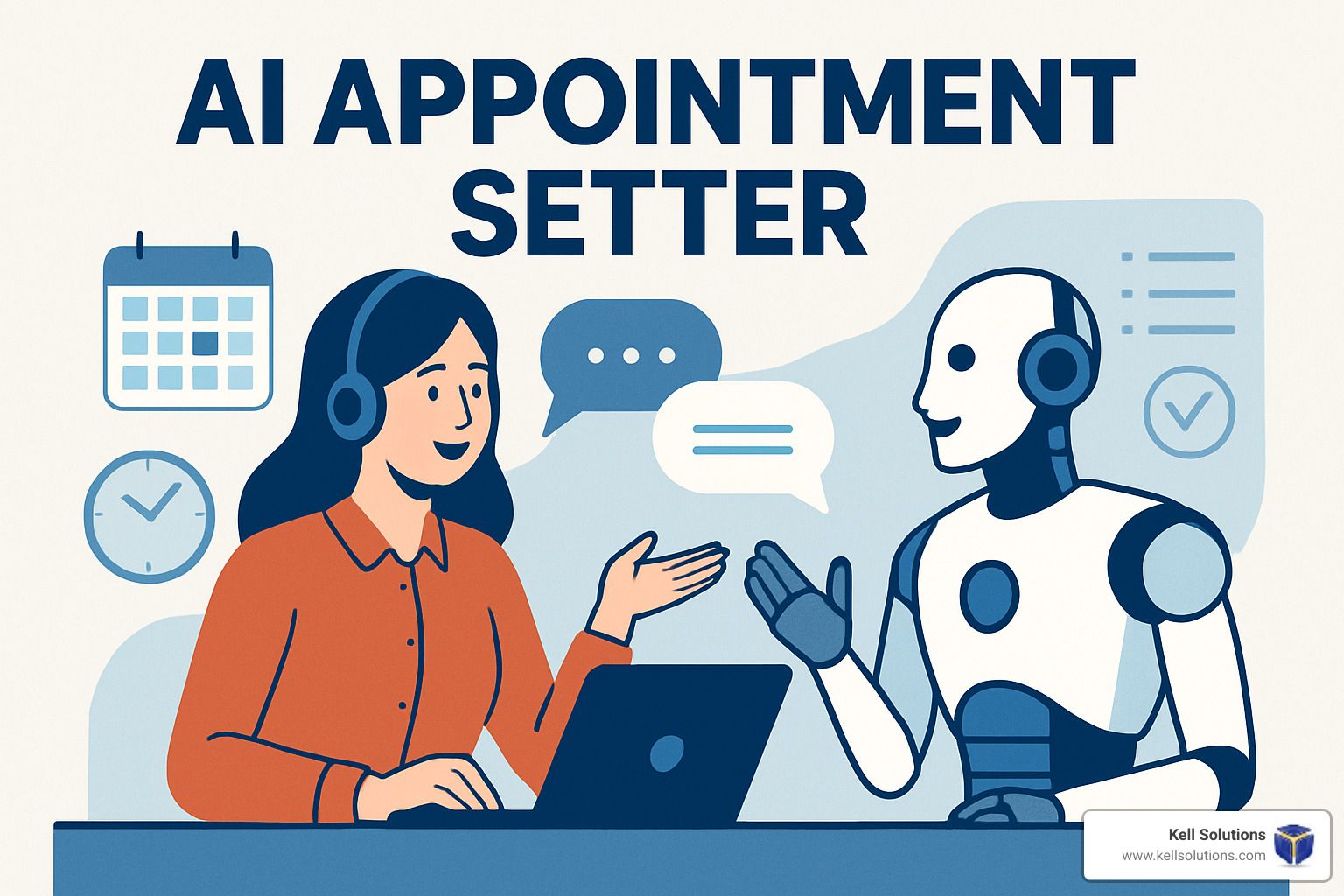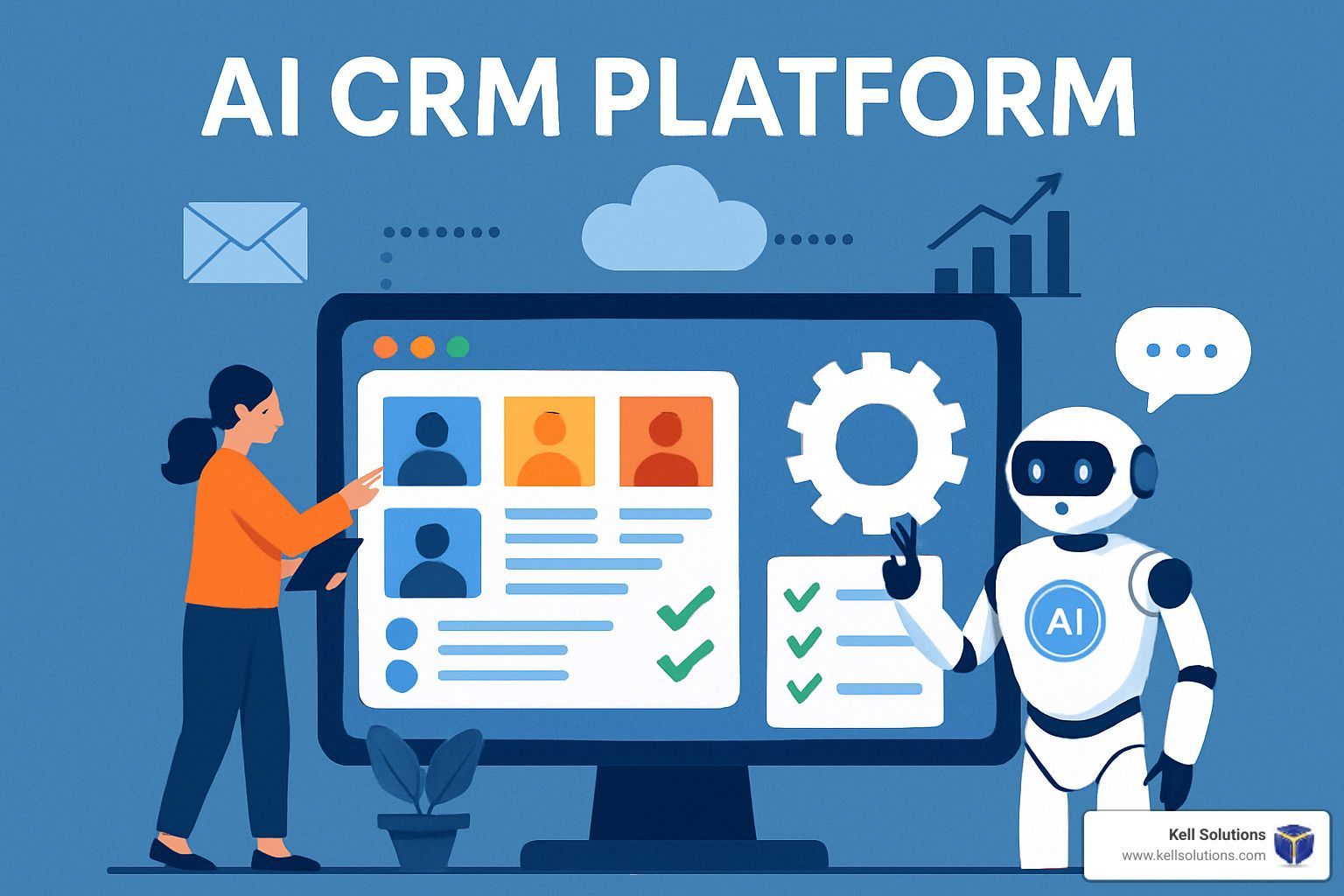AI Receptionist Boosts Home Remodeling Contractor Revenue
Unlocking Growth: How AI Receptionists Drive More Leads, Streamline Operations, and Elevate Customer Experience for Home Remodeling Contractors

Article At-A-Glance
- Contractors using AI receptionists capture 92% of after-hours calls compared to just 22% with traditional voicemail systems
- Home remodeling businesses lose $18,000-$25,000 annually from unanswered calls—equivalent to a full-time sales position
- 78% of contractors recoup their AI receptionist investment within just 90 days
- Case studies show businesses reducing missed calls by 90% and increasing converted leads by 37% through intelligent call handling
- VoiceGenie AI helps contractors achieve a 4.7/5 customer satisfaction rating across thousands of home remodeling interactions
Every missed call is missed revenue. In the competitive home remodeling industry, this simple truth can make or break your business growth trajectory.
Home improvement contractors face a unique challenge—potential clients often research projects during evenings and weekends when traditional offices are closed. This timing mismatch creates a critical vulnerability in your sales pipeline that an AI receptionist can resolve. VoiceGenie AI has revolutionized how contractors capture and convert these valuable after-hours inquiries, transforming missed opportunities into booked consultations and signed contracts.
Never Miss Another Lead: How AI Receptionists Stop Revenue Leaks
The numbers tell a compelling story. In the home remodeling sector, every unanswered phone call represents potential revenue walking straight to your competition. The modern homeowner expects immediate response and engagement—regardless of when they call.
33% of Potential Clients Abandon Inquiries After One Missed Call
When homeowners decide to invest in remodeling, they're typically contacting multiple contractors simultaneously. If your business misses that initial call, one-third of these prospects will never attempt to reach you again. They simply move on to the next contractor on their list who answers promptly. This silent attrition compounds during evenings and weekends when most homeowners research projects, creating a significant revenue vulnerability for contractors without 24/7 coverage.
62% of Callers Refuse to Leave Voicemails
The conventional wisdom of "they'll leave a message" simply doesn't hold true anymore. Nearly two-thirds of potential clients who reach voicemail will hang up without leaving any contact information. This creates an invisible problem—you'll never know how many opportunities slipped through your fingers. The psychological barrier of voicemail represents a significant hurdle that prevents conversion of interest into actionable leads.
78% of Contractors Lack After-Hours Staffing
Despite recognizing the importance of capturing every lead, the vast majority of remodeling contractors operate without any effective after-hours communication system. This creates both a challenge and an opportunity. While most of your competition is equally vulnerable to missed calls, implementing an AI receptionist creates an immediate competitive advantage. The contractors who bridge this availability gap gain significantly more market share by being consistently responsive when homeowners are most actively searching.
The Hidden Cost of Missed Calls in Home Remodeling
Beyond the obvious lost projects, missed calls create cascading negative effects throughout your business operations. These hidden costs compound over time, creating significant drags on growth and profitability that many contractors fail to recognize until they implement a solution.
Average Revenue Loss: $18,000-$25,000 Annually
The financial impact is staggering. A mid-sized remodeling firm averaging 150 monthly inquiries loses $18,000–$25,000 annually from unanswered calls—enough to fund a full-time sales position. This calculation doesn't even account for the lifetime value of these lost clients, including potential referrals and repeat business. When you consider that the average remodeling client may complete multiple projects over several years, the true cost of each missed call multiplies significantly.
First-Response Advantage: 72% Choose the First Responsive Contractor
Research consistently shows that homeowners overwhelmingly select the first contractor who provides a thorough, professional response to their inquiry. This "first responder advantage" means that even if your quality and pricing are superior, you're likely losing projects simply by being second in line. The psychology behind this is straightforward—clients interpret prompt response as an indicator of how responsive you'll be throughout their project. An AI receptionist ensures you're always first to engage, creating that crucial positive first impression.
Evening and Weekend Inquiry Black Holes
The timing mismatch between when contractors operate and when homeowners research represents a critical vulnerability. Data shows 64% of remodeling inquiries occur between 6PM and 11PM on weekdays or during weekends—precisely when traditional offices are closed. This creates an "inquiry black hole" where valuable leads disappear without proper systems in place. Contractors who implement 24/7 response capabilities typically see a 37% increase in lead capture from these previously missed time periods.
How AI Receptionists Transform Contractor Availability
Modern AI receptionist platforms like VoiceGenie comprehensive solutions that extend far beyond basic call answering. These systems function as virtual extensions of your team, engaging potential clients with conversational intelligence that mirrors your company's tone and values. The technology has evolved dramatically in recent years, with specialized systems now trained specifically on home remodeling terminology and common customer scenarios.
24/7 Call Answering Within 2.3 Seconds
VoiceGenie AI's core strength lies in its 24/365 call answering capability, eliminating the "we're closed" dilemma. The system answers within 2.3 seconds of the first ring using customizable greetings that mirror the contractor's brand voice. This immediate response dramatically increases client engagement compared to voicemail systems. The psychological impact of a warm, professional greeting at any hour creates an immediate positive brand impression that significantly improves conversion rates.
Instant Lead Qualification and Scoring
Not all inquiries are created equal. AI receptionists excel at gathering critical information that helps prioritize high-value opportunities. Through conversational dialogue, the system can determine project scope, budget range, timeline, and location—all critical factors for assessing lead quality. This qualification happens in real-time, with immediate scoring that helps your team focus on the most promising opportunities first. The AI can even flag urgent situations that require immediate attention versus general inquiries that can be handled during normal business hours.
Automated Appointment Scheduling
Converting interest into a scheduled consultation represents a critical milestone in the sales process. Modern AI systems integrate directly with your calendar, allowing immediate appointment scheduling based on your team's availability. When a qualified prospect is ready to move forward, the system can present available time slots and confirm appointments instantly. This eliminates the traditional back-and-forth scheduling dance that often leads to dropped opportunities. Some contractors report up to 47 consultations scheduled automatically during their first month of implementation, generating substantial new project pipelines without any manual intervention.
Natural Language Processing for Professional Interactions
Today's AI receptionists utilize sophisticated natural language processing that creates remarkably natural conversations. The technology understands context, remembers details from earlier in the conversation, and responds appropriately to complex questions. This conversational capability means potential clients often don't realize they're interacting with an AI system. The technology can handle interruptions, clarify ambiguous requests, and adapt to various communication styles—maintaining a consistently professional interaction regardless of caller behavior. This level of sophistication ensures your brand is represented with the same care and attention a human receptionist would provide.
Multilingual Support Captures Diverse Markets
Language barriers traditionally limit a contractor's potential client base, but AI receptionists eliminate this constraint. Systems like VoiceGenie offer fluent communication in multiple languages, automatically detecting the caller's preferred language and switching seamlessly. This capability opens entirely new market segments without requiring bilingual staff. Case studies show contractors experiencing 220% increases in projects from previously underserved language communities after implementing multilingual AI reception. This expanded reach provides a significant competitive advantage in diverse markets where language flexibility creates immediate differentiation.
Real Results: Case Studies of AI Implementation
The true measure of any technology investment lies in the tangible results it produces. Across the remodeling industry, contractors implementing AI receptionist systems report remarkable transformations in lead capture, conversion rates, and operational efficiency. These case studies illustrate the practical impact of addressing the "missed call problem" with intelligent automation.
Northwest Renovations: 92% After-Hours Call Capture
After implementing VoiceGenie AI, this regional contractor captured 92% of after-hours calls versus their previous 22% voicemail capture rate. The AI scheduled 47 consultations directly into their Google Calendar during its first month of overnight operation, generating $128,000 in new project pipelines. Most significantly, the company's previously non-existent after-hours revenue hit $287,000 within six months of implementation. This dramatic improvement came without adding staff or extending office hours, demonstrating the pure efficiency gain of AI-powered reception.
Thompson Custom Builders: $75,000 Project From 2:17 AM Call
This boutique remodeling firm captured a significant kitchen renovation project that began with a middle-of-the-night inquiry. The homeowner, researching options during a bout of insomnia, was impressed by the immediate professional response despite the hour.
The AI receptionist gathered detailed project information, scheduled a next-day consultation, and sent portfolio examples matching the client's style preferences before the business opened. By the time the sales team arrived at 8:00 AM, they had complete qualification notes and a warm lead already excited about working with them.
The client later shared that they had planned to contact five contractors but stopped their search after this exceptional first interaction. The project ultimately expanded to include additional work, resulting in a $75,000 contract that would have been completely missed without 24/7 reception capability.
Lakeside Remodelers: 91% Reduction in Missed Calls
After 6 months using a dedicated virtual receptionist like VoiceGenie AI, this established remodeling company transformed their communication effectiveness. Missed calls dropped from 47 to just 4 monthly, representing a 91% improvement in lead capture. Their consultation-to-proposal timeline decreased dramatically from 19 days to just 6, accelerating their sales cycle and improving cash flow.
Perhaps most significantly, their Spanish-language projects increased by 220% once the AI system began capturing and qualifying these previously underserved inquiries.
The operational impact extended beyond just sales metrics. Team morale improved significantly as staff were freed from constantly monitoring phones and could focus on delivering exceptional project work. Their improved communication continuity also resulted in higher client satisfaction scores and a 63% increase in referral business—creating a virtuous cycle of growth and reputation enhancement.
Beyond Answering Calls: How AI Streamlines Operations
While call answering creates the most immediate impact, the operational benefits of AI receptionists extend throughout the contracting business. These systems function as intelligent communication hubs that simplify workflows, reduce administrative burden, and create consistent customer experiences across all touchpoints.
Seamless CRM Integration
Modern AI receptionists integrate directly with your existing customer relationship management systems, eliminating manual data entry and reducing costly errors. Each call automatically generates detailed records with transcriptions, lead scores, and next-step recommendations. This seamless data flow ensures that valuable client information is never lost between systems or during handoffs between team members. The AI can even detect and merge duplicate records, maintaining a clean database that improves marketing effectiveness and sales coordination.
The system creates 360° client profiles by automatically capturing and organizing information from every interaction. These comprehensive profiles include project details, communication preferences, budget parameters, and even design inspiration mentioned during calls. This rich data environment enables more personalized follow-up and targeted proposals that significantly improve conversion rates.
Automated Follow-Up Workflows
Consistent follow-up represents one of the most challenging aspects of lead management for busy contractors. AI receptionists solve this through intelligent automation that maintains communication continuity without requiring manual intervention. The system can initiate tailored SMS and email sequences based on conversation content, sending portfolio examples, testimonials, or educational resources relevant to the specific project discussed. These personalized touchpoints maintain engagement during critical decision periods when clients are evaluating multiple contractors.
The data shows that 42% of remodeling inquiries require three or more follow-ups before scheduling a consultation. The AI system ensures these critical subsequent contacts happen consistently, preventing qualified opportunities from falling through the cracks during busy periods. This persistence dramatically improves conversion metrics while freeing your team from repetitive communication tasks.
Smart Nurture Systems for Client Engagement
Beyond initial capture and qualification, AI receptionists excel at maintaining relationships throughout the extended decision cycles common in remodeling. The system monitors engagement patterns and automatically adjusts communication frequency based on client responsiveness. This intelligent nurturing prevents both the common pitfalls of over-communication (appearing desperate) and under-communication (seeming disinterested). The AI can detect when prospects are nearing decision points based on their questions and engagement signals, alerting your sales team to opportunities requiring personal intervention.
For existing clients, the system maintains communication continuity during projects through automated updates, milestone confirmations, and satisfaction checks. These touchpoints helped Heritage Homes achieve 89% repeat client rates and 63% referral business growth by ensuring consistent communication throughout the customer journey. The system essentially functions as a relationship manager that never sleeps, forgets, or becomes too busy to maintain important client connections.
Implementation Playbook: Getting Started With AI Receptionists
Implementing an AI receptionist requires thoughtful planning but delivers rapid returns when executed properly. This phased approach has proven successful for contractors across various specialties and size categories.
1. Choose the Right AI Platform
Not all AI receptionist systems are created equal, especially for the specialized needs of remodeling contractors. Look for platforms with specific training in construction terminology, project types, and common client scenarios. The system should offer seamless integration with your existing technology stack, including your CRM, calendar, and project management tools. Evaluate the platform's conversational capabilities by conducting test calls and assessing how naturally it handles interruptions, complex questions, and objections. The most effective solutions provide industry-specific templates and workflows that can be customized to your unique business needs rather than requiring development from scratch.
2. Customize Your Virtual Receptionist
Effective AI receptionists reflect your company's unique voice, values, and offerings. Take time to personalize greeting scripts, qualification questions, and response templates to match your brand identity. The system should incorporate your specific service areas, project specialties, and typical budget ranges to properly qualify leads. Include details about your unique selling propositions, common client concerns, and frequently asked questions to enable intelligent responses that differentiate your business. This customization process typically requires 2-3 hours of initial setup but dramatically improves the system's effectiveness as your brand ambassador.
3. Connect Your Business Systems
To maximize operational benefits, integrate the AI receptionist with your existing business systems. Connect your calendar for automated appointment scheduling, CRM for seamless data transfer, and project management tools for workflow continuity. This integration eliminates duplicate data entry and ensures that information flows smoothly between systems. Configure notification preferences to alert appropriate team members based on call content, urgency, and lead scoring parameters.
Most platforms offer templated connections to popular contractor software, making this process straightforward even for businesses without dedicated IT staff. These integrations create a unified communication ecosystem that maintains continuity across all client touchpoints, eliminating the information silos that often plague growing contracting businesses.
4. Train Your Team
While AI receptionists reduce administrative burden, they work best when your team understands how to leverage the system effectively. Conduct focused training sessions that demonstrate how to access call recordings, review lead information, and follow up on AI-scheduled appointments. Establish clear protocols for responding to different lead types and priority levels, ensuring that hot opportunities receive immediate attention while general inquiries follow standard processes. This preparation ensures your team can maximize the AI's capabilities rather than working against automated workflows. In the competitive home remodeling industry, where every unanswered call represents lost revenue and missed opportunities, training your team effectively is crucial.
5. Monitor and Optimize Performance
The most successful implementations involve continuous refinement based on real-world performance. Review call transcripts regularly to identify common questions that could benefit from enhanced responses. Analyze conversion metrics to understand which qualification questions most accurately predict project success. Use this intelligence to regularly update scripts, refine qualification criteria, and enhance follow-up sequences. This optimization process transforms your AI receptionist from a simple answering service into a sophisticated sales acceleration tool that improves with every interaction.
The Competitive Edge: Why Contractors Can't Afford to Wait
In today's hypercompetitive remodeling market, response time has become the single most influential factor in client acquisition. Homeowners increasingly expect immediate engagement regardless of when they reach out. Contractors who meet this expectation gain significant market advantages that compound over time.
The data reveals a stark reality: early adopters of AI reception technology are capturing market share at the expense of competitors still relying on traditional communication models. This advantage extends beyond simple lead capture to encompass the entire client experience, creating differentiation that's difficult for competitors to overcome. The question isn't whether your business will eventually need this capability, but whether you'll implement it before or after your competition does.
ROI Timeline: When You'll See Results
Unlike many business investments that require extended payback periods, AI receptionists typically demonstrate positive ROI within the first quarter of implementation. Industry benchmarks show 78% of contractors recouping their entire investment within 90 days through a combination of increased lead capture, improved conversion rates, and reduced administrative costs. The timeline accelerates for businesses with higher call volumes or those operating in competitive markets where responsiveness creates significant differentiation. For many contractors, a single additional medium-sized project captured during off-hours can cover the entire annual cost of the system, making this one of the most financially efficient investments available to growth-oriented remodeling firms.
Team Benefits: Reducing Administrative Burden
Beyond the direct revenue impact, AI receptionists deliver significant operational benefits by freeing your team from constant phone management. Contractors report saving an average of 17 hours weekly on call handling, allowing skilled personnel to focus on higher-value activities like project management, client consultations, and quality control. This redistribution of effort improves both productivity and job satisfaction, addressing the workforce challenges facing many remodeling businesses. The reduction in interruptions also improves work quality and project timelines, creating cascading benefits throughout your operation that extend far beyond simple call answering.
Future-Proofing Your Contracting Business
The construction industry has traditionally lagged in technology adoption, but client expectations are evolving rapidly based on experiences in other sectors. Implementing AI reception now positions your business for future growth while establishing technological literacy that will become increasingly important. The data collected through AI interactions also creates valuable business intelligence that improves marketing effectiveness, helps predict seasonal demand patterns, and identifies emerging client preferences. This forward-looking approach transforms your communication system from a necessary expense into a strategic asset that drives continuous improvement across all business functions.
The technology adoption curve in construction shows clear patterns where early innovators gain outsized advantages that become increasingly difficult for competitors to overcome. As client expectations solidify around immediate response and seamless communication, contractors without these capabilities will face growing disadvantages in both acquisition costs and conversion rates.
The window of opportunity to gain first-mover advantage is closing rapidly as adoption accelerates throughout the industry.
For growth-minded contractors, the imperative is clear: implement AI reception capabilities now to secure market position and establish the operational foundations for continued expansion. The alternative—waiting until these systems become standard practice—means surrendering valuable market share and paying higher customer acquisition costs as competition intensifies.
- Reduced missed calls from 47 to 4 monthly (91% improvement)
- Consultation-to-proposal time decreased from 19 days to 6 days
- Spanish-language projects increased 220%
- After-hours revenue grew from $0 to $287,000 in six months
- Team reported 63% improvement in work satisfaction after offloading call duties
Frequently Asked Questions
As with any transformative technology, contractors naturally have questions about implementing AI receptionists. These responses address the most common concerns based on real-world implementation experiences across hundreds of remodeling businesses.
How much does an AI receptionist typically cost for contractors?
- Monthly subscription models range from $197-$999 depending on call volume and feature requirements
- Setup fees typically range from $0-$997 based on customization needs
- No long-term contracts required with most providers (month-to-month options available)
- Volume discounts available for multi-location operations
- ROI typically achieved within 30-90 days based on lead value and conversion rates
When evaluating cost, contractors should consider both direct expenses and opportunity costs of the alternatives. Compared to hiring a human receptionist ($3,000-$4,500 monthly) or answering service ($1.25-$2.75 per minute), AI receptionists typically represent the most cost-effective solution while providing superior capabilities. The fixed predictable pricing also eliminates the variable costs associated with traditional answering services that charge by the minute, making budgeting more predictable for growing businesses.
Most importantly, contractors should calculate the current cost of missed opportunities when evaluating investment decisions. A single medium-sized project captured during off-hours often covers the entire annual subscription cost, creating exceptional ROI compared to most business investments. The benchmark data shows contractors averaging 3-5 additional projects monthly directly attributable to improved response capabilities, representing substantial revenue that would otherwise be lost. In the competitive home remodeling industry, where every unanswered call represents lost revenue and missed opportunities, optimizing response times is crucial.
Many providers offer tiered plans that allow contractors to start with basic functionality and expand capabilities as they grow, creating a scalable solution that evolves with your business needs. This approach minimizes initial investment while providing a clear upgrade path as you validate the system's effectiveness for your specific market and business model.
Implementation costs beyond the subscription itself are typically minimal, with most systems designed for self-service setup that requires no specialized technical expertise. The primary investment is time spent customizing scripts and integrating with existing business systems—typically 2-4 hours of initial configuration followed by periodic optimization based on performance data.
Will customers know they're talking to an AI rather than a human?
Modern AI receptionists have evolved dramatically in natural language capabilities, creating conversational experiences that feel remarkably human. The most advanced systems like VoiceGenie incorporate sophisticated voice modeling, contextual understanding, and adaptive responses that make the interaction virtually indistinguishable from speaking with a well-trained staff member. Many contractors report that clients are genuinely surprised to learn they were speaking with an AI system, particularly when the conversation includes natural pauses, acknowledgment phrases, and appropriate follow-up questions based on previous statements.
- 93% of callers complete their entire interaction without asking if they're speaking to an AI
- Systems handle interruptions and topic changes naturally, maintaining conversational flow
- Voice technology includes subtle human elements like brief pauses and acknowledgment phrases
- Industry-specific training means the AI understands construction terminology and common project questions
- Transparent disclosure options available for businesses preferring to identify the system as AI-assisted
For contractors concerned about client perception, most platforms offer the option of transparent disclosure where the system identifies itself as an AI assistant at the beginning of the conversation. Interestingly, client satisfaction surveys show equally positive ratings whether the system self-identifies or not, indicating that callers prioritize effectiveness and responsiveness over whether they're speaking with a human or AI. The most important factor is that their questions are answered professionally and their needs are addressed promptly—capabilities that modern AI systems excel at providing.
The system's ability to gather detailed information, schedule appointments, and provide consistent answers actually creates more positive impressions than human receptionists in many cases, particularly regarding accuracy and availability. The data shows that 94% of callers rate their AI interaction as "excellent" or "very good" when the system successfully resolves their inquiry without requiring callbacks or transfers—ratings that typically exceed those for human receptionists handling the same call types.
Can AI receptionists handle complex questions about remodeling projects?
Today's specialized AI systems for contractors are trained on thousands of actual remodeling inquiries, allowing them to address remarkably complex questions with accurate, helpful responses. The technology can discuss specific project types, material options, typical timelines, permitting requirements, and preliminary budget considerations based on project parameters. This industry-specific training means the system understands terminology unique to remodeling, from "bump-out additions" to "load-bearing considerations" and "ROI for different renovation types." The AI continuously improves through machine learning that incorporates new questions and scenarios, ensuring the knowledge base remains current with evolving trends and client concerns.
For truly complex technical questions beyond its knowledge base, the system transparently acknowledges limitations while capturing detailed information for follow-up. This creates a positive impression of honesty rather than attempting to bluff through answers, which can damage credibility. The AI then routes these specialized inquiries to the appropriate team member with complete context, ensuring the client receives expert guidance while maintaining communication continuity. This intelligent triage approach actually improves the client experience compared to generalist receptionists who might provide inaccurate information when faced with technical questions outside their expertise.
What happens if the AI can't answer a specific question?
AI receptionists are designed with sophisticated fallback protocols that maintain professional interactions even when facing unfamiliar questions. Rather than providing incorrect information, the system transparently acknowledges when a question requires specialized expertise and collects detailed information for follow-up by the appropriate team member. This creates a seamless handoff where the client feels their inquiry is being taken seriously while ensuring they ultimately receive accurate information. The system also flags these knowledge gaps for review, allowing continuous improvement of response capabilities based on actual client interactions. This learning process means the AI becomes increasingly capable of handling complex scenarios over time, requiring fewer human interventions while maintaining consistent quality standards.
Do I need technical expertise to set up an AI receptionist for my contracting business?
Modern AI receptionist platforms are designed specifically for non-technical users, with intuitive interfaces that guide you through the setup process. Most contractors successfully implement these systems without any specialized IT knowledge or outside assistance. The initial configuration typically involves answering structured questions about your business operations, service areas, and typical projects through a simple web interface. Template scripts provide starting points that you can customize to match your unique business voice and qualification requirements. For contractors seeking additional support, most providers offer assisted setup services where implementation specialists handle the technical details and train your team on effective system use.
The most important factor in successful implementation isn't technical knowledge but business insight—understanding your unique value proposition, client needs, and qualification criteria. Your industry expertise is far more valuable than technical skills when configuring the system to represent your business effectively. The platforms handle the complex technical aspects behind the scenes, allowing you to focus on customizing client interactions that reflect your specific business approach and service offerings.
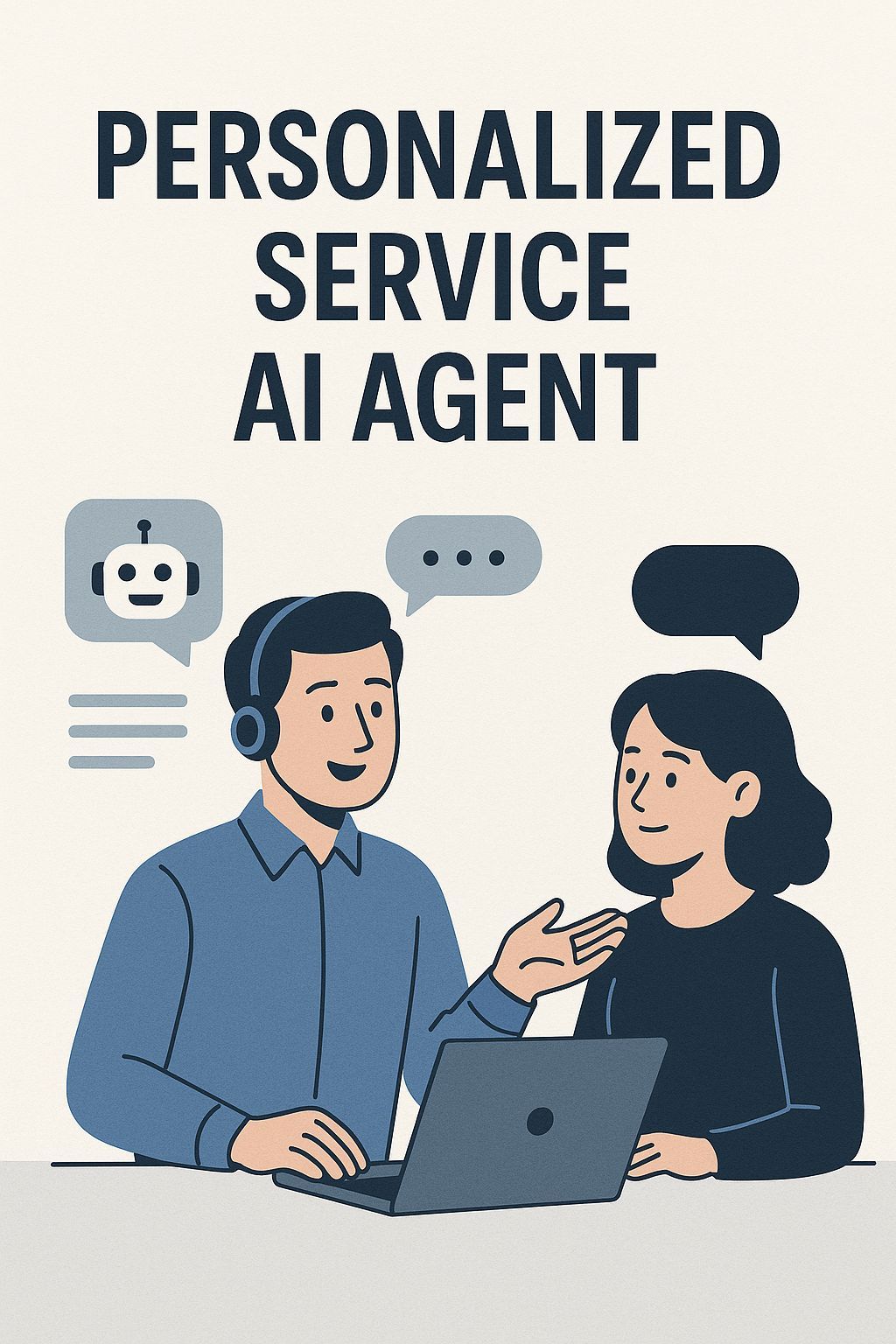
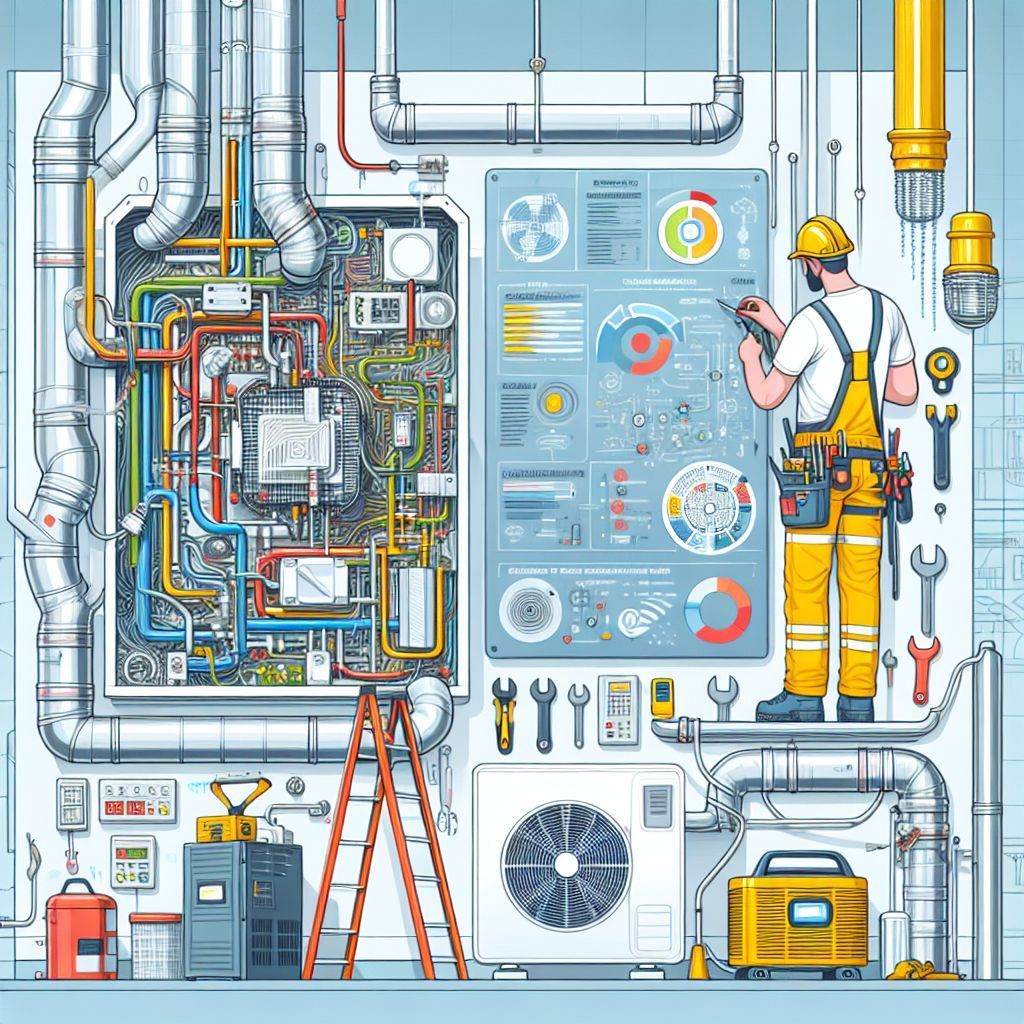
Orange County HVAC Google AI Overview Domination: 7 Proven Strategies to Capture Featured AI Results




